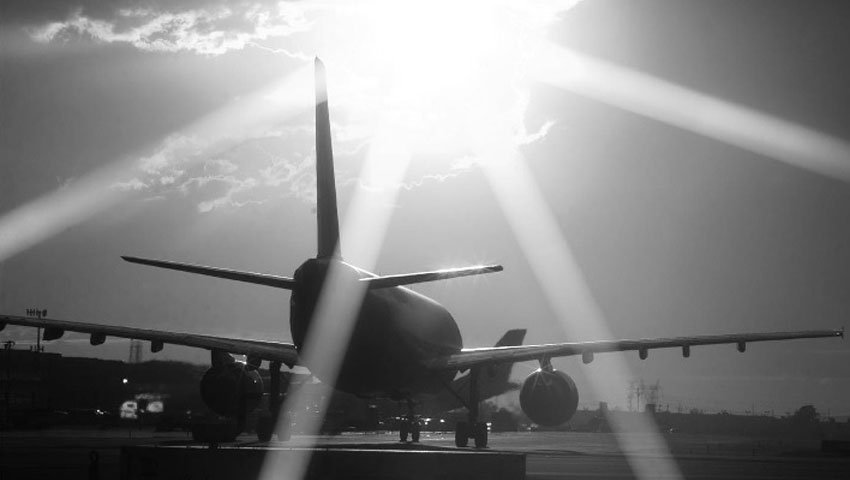Overcoming your greatest

Hypnosis is the most effective way of conquering aerophobia
Overcoming Fear Of Flying
Fear of flying, also known as aerophobia, aviophobia or pteromerhanophobia, is perhaps one the most common phobias. It can also be a very problematic fear that can negatively impact your opportunities in the workplace as well as in your personal life. As more and more business becomes global, having the ability to hop on an aeroplane to get from city to city and country to country becomes even more important in the corporate world.
In studies completed by airline travellers it is reported that as many as 40% of people who fly have some type of a mild anxiety response to getting on the plane. How many people don’t fly because of a paralyzing fear of flying is unknown, but therapists see people from all age groups and walks of life who suffer with this phobias.
Solution for overcoming the fear of flying
There are many different fears or phobias that can also occur that lead to a fear of flying. These can include claustrophobia or the fear of being in a confined space, fear of heights (acrophobia) of fear of the possibility of a panic attack on the flight (agoraphobia). Some people may also fear the take-off and landing but experience relative calm during the actual flight. However, even in flight the anxiety about the pending landing can provoke a fear response.
Other people may exhibit the symptoms of fear of flying because they do not like to be in places where they are not in control, fear of being in a plane crash, fear of being sick on the plane or fear of being over water. Flying at night can also be a problem for some people but these same individuals may be comfortable in flying during the day.
Often, people have had some type of negative association with flying may be prone to developing serious fear of flying in the future. For example, witnessing a plane crash, even on the news, may be traumatizing for some individuals. Poor flights in the past including turbulence, mechanical failures or some type of problem on the flight with staff or passengers can also create feelings of fear and anxiety around flying.
Symptoms
People who have a severe fear of flying may become anxious and stressed when faced with the thought of flying or if flying is even suggested as a mode of transportation. Some people only become agitated when they arrive at the airport and see the planes at the terminal.
Typical symptoms are similar to those of a panic or anxiety attack. The individual may become visibly agitated, aggressive, complain of headaches, nausea and digestive problems, sweat profusely and, in severe attacks, may also faint. They may, despite their best efforts literally freeze and be unable to move towards the plane.
Overcoming The Fear
Hypnosis has long been used for the treatment of phobias and fears. Through hypnosis the therapists can help the patient determine the actual cause of the fear and then, through suggestions, correct these negative and inaccurate thought patterns with positive messages about getting on a flight.
Posted by: Philippe Jacquet
CONTACT

